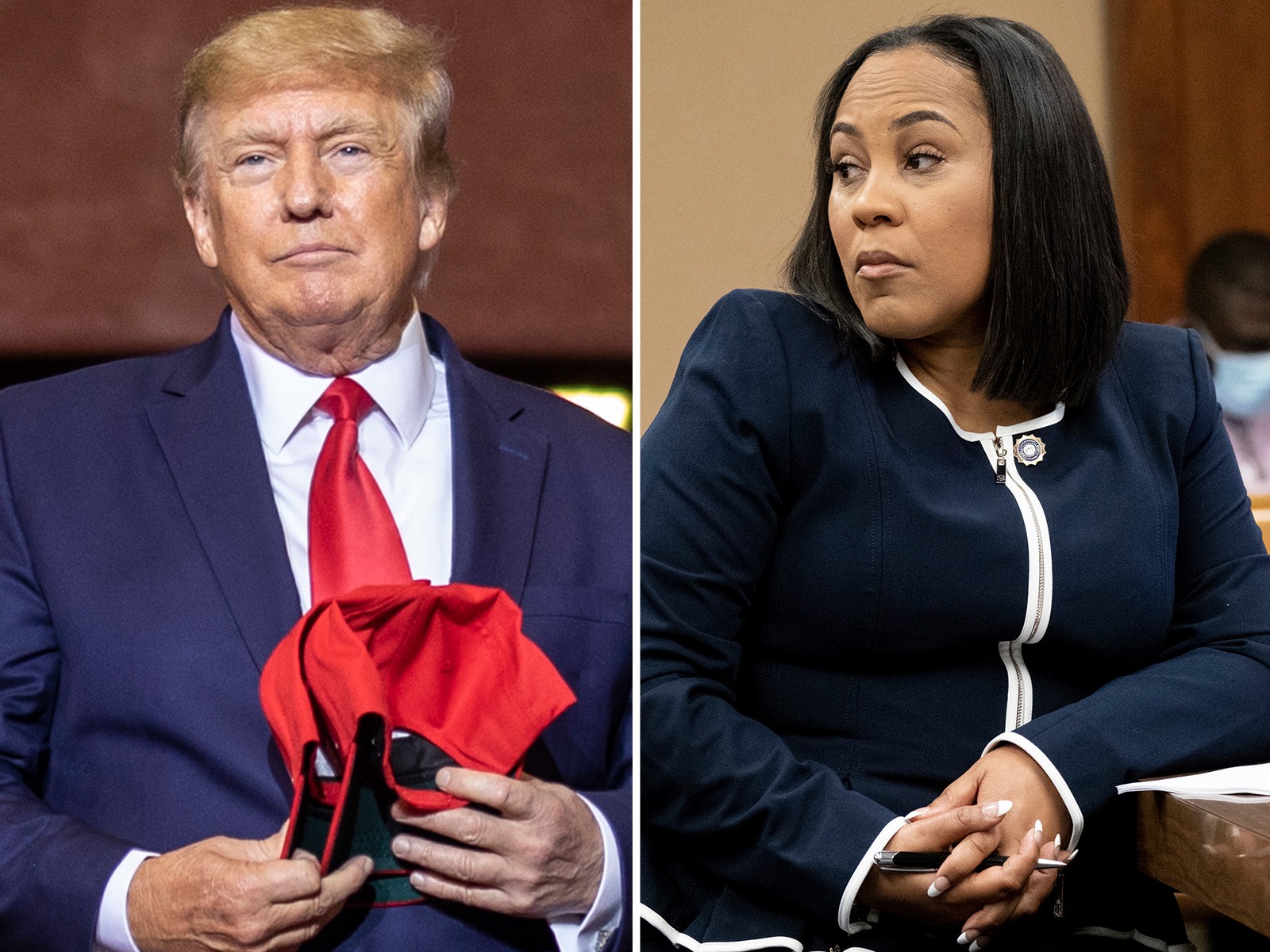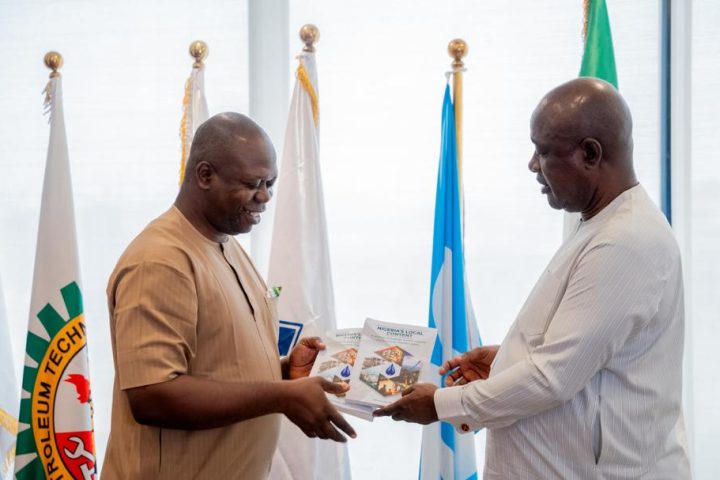As the legal battle between Georgia prosecutor Fani Willis and former President Trump intensifies, discussions about race and gender dynamics are surfacing.
Willis, the district attorney for Fulton County, Georgia, faces accusations of misconduct, including an alleged romantic relationship with special prosecutor Nathan Wade. However, her supporters argue that race and gender biases are at play.
Join our WhatsApp Channel“If she was not a woman and Black, I don’t think she would have gone through this,” remarked Bishop Reginald T. Jackson, reflecting sentiments shared by several of Willis’ backers. Jackson, who has personally counseled Willis, believes that the scrutiny she faces is unjust and fueled by discriminatory attitudes.
READ ALSO: Supporters Launch Fundraising On GoFundMe For Trump’s $350m Civil Fraud Fine
Kamina Pinder, a law professor at Emory University, highlighted the unique challenges faced by Black women in positions of power.
She acknowledged that while scrutiny is inevitable, it should not excuse dubious behavior. Similarly, former Illinois Sen. Carol Moseley Braun emphasized Willis’ vulnerability as a high-profile Black woman, making her a target for opponents.
An article from the Associated Press further underscored the racial narrative surrounding Willis’ predicament. Jessica T. Ornsby, a family litigation attorney, expressed familiarity with the pressure Black women endure to over-perform in professional settings.
Ornsby argued that Willis is being unfairly scrutinized for matters unrelated to her job performance.
Willis herself has been vocal about the racial undertones of the allegations against her. Addressing a congregation at the Big Bethel AME Church in Atlanta, Willis denounced claims of playing the “race card,” insisting that she is the victim of racially motivated attacks.
Despite the allegations, Willis remains resolute in her position. During a recent evidentiary hearing, she vehemently denied the accusations, labeling them as dishonest and offensive. Willis’ impassioned defense reflects her determination to uphold her integrity amidst the legal turmoil.
As the legal saga unfolds, Willis’ case serves as a stark reminder of the intersectionality of race and gender in positions of power. Her supporters continue to rally behind her, challenging the validity of the allegations and advocating for a fair assessment devoid of bias.
Emmanuel Ochayi is a journalist. He is a graduate of the University of Lagos, School of first choice and the nations pride. Emmanuel is keen on exploring writing angles in different areas, including Business, climate change, politics, Education, and others.




















Follow Us